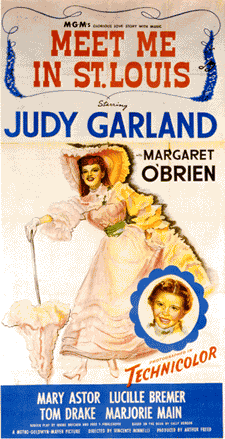Can Someone Really Be Indispensible?
I've had many different jobs in my life in several different places. My typical mantra when it came time for me to move on was, "No one can ever be indispensible." That was my automatic reply to those who asked how the place would ever get along without me. (I appreciated the compliment, but really. . .)
Yet sometimes you come across truly heartwarming stories that move you emotionally. I happened upon the following story in a book titled, Life Doesn't Get Any Better Than This, by Robert A. Alper (Liguori Publicatioons).

The story takes place at the small private college the author's daughter attended. It was parents' weekend and the college president was addressing the parents. He began by asking for forgiveness.
"The dormitories are really not in the shape we would prefer," he said. "A lot of minor repairs have been neglected. We're not pleased with the way some residences are looking, and we apologize."
But there was a reason. The president explained that a few months back a maintenance supervisor who is in charge of overseeing the residence halls was diagnosed with cancer. During the summer he underwent surgery twice. The prognosis was hopeful, and the man was now recuperating, hoping to resume work in December.
The college needed to address the man's illness and his absence. He was in a critical position with important responsibilities.
What they decided to do was . . . nothing. No temporary replacement. No permanent replacement. No major restructuring of the staff. They would just shuffle along without him for a while, and if some things didn't get done, well, they just wouldn't get done.
The administration decided that more important than spackle and paint and squeaky doors was the message they wanted to send to this man during his battle against cancer. The message was clear and direct: "We need you here. We will not replace you. We eagerly, even impatiently, await your return. And we have every confidence that you will come back to us, in good health."
Wow! So many decisions in our world today are based on finances with little consideration for human beings. How uplifting to hear of a large organization that has more concern for a member of its community than for the looks of its property. I think the author's daughter must have gotten an excellent education at that college.






